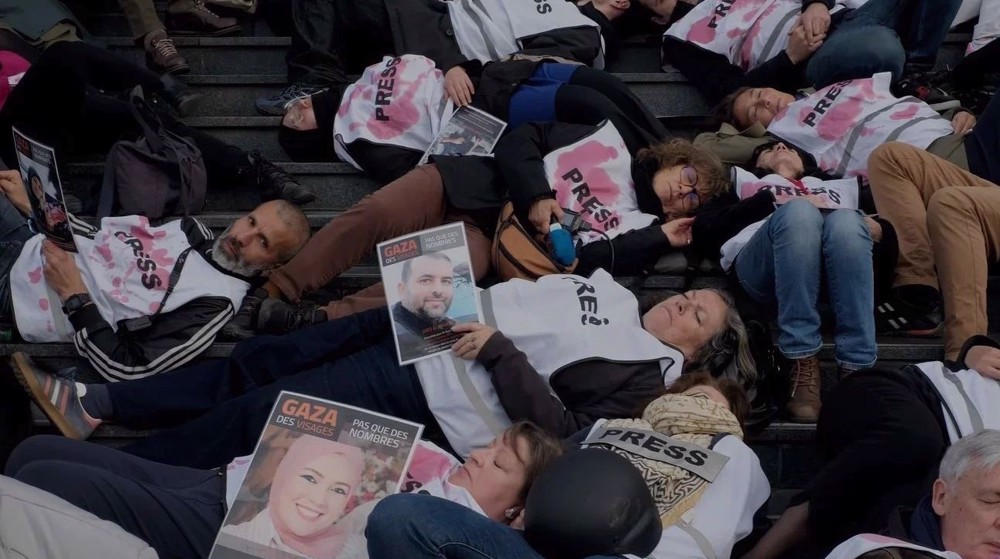France cabinet skips parliament vote to push through reforms
The French government has decided to bypass parliament and impose a relaxation of the country's protective labour laws by decree, sidestepping a rebellion against President Francois Hollande's controversial labor reforms.
The decision, announced by Prime Minister Manuel Valls on Tuesday, follows weeks of street protests against a reform aimed at liberalizing some economic activities including the extension of Sunday trading hours.
The reform is viewed as the last major piece of legislation for Hollande, who faces a re-election bid next year as one of modern France's least popular leaders.
The French parliament has already begun debating the legislation which will affect maximum working hours, holidays and breaks.
French Labour Minister Myriam El Khomri has staunchly defended the contested bill as a necessary and fair measure as it finally reached parliament after sparking two months of mass protests.

On May 3, skirmishes erupted in the western city of Nantes between riot police and hundreds of demonstrators protesting against a controversial legislation proposed by the ruling center-right coalition government.
Hundreds of people also staged a protest in the northern port of Le Havre, where access to routes into the city was blocked by barricades of burning tires.
On April 28, protests were reported in the capital, Paris, and elsewhere across France.
In recent weeks, the government of President Hollande has tried to water down the text of the law, abandoning some proposed reforms. However, polls show that most French people fear an escalation in protests. That can mainly affect the aviation and public transport sectors as demonstrations as well as work stoppages are planned for coming days.

The French government says the proposed labor reforms are aimed at curbing the country's unemployment rate, which President Hollande is trying to cut to below 10 percent.
Protesters and workers' unions, however, say the government wants to make it easier and less costly for employers to lay off workers.

France detains Iranian journalist amid crackdown on pro-Palestinian voices

Israel revokes visas for 27 French MPs after Macron signals support for Palestinian state

French journalists stage 'die-in protest' in support of Palestinian reporters
US airstrike on Yemeni capital kills 8 people
VIDEO | Iran multilayered diplomacy
VIDEO | Press TV's news headlines
Iran more than halved its power grid losses to 10% in 16 years: Expert
Abbas names likely successor in move deemed ‘illegitimate, divisive’
Illegal Israeli settlers attack Palestinian school in occupied West Bank
VIDEO | Israeli forces tighten siege on Jenin refugee camp
Iran restores operations at its largest container port after explosion












 This makes it easy to access the Press TV website
This makes it easy to access the Press TV website